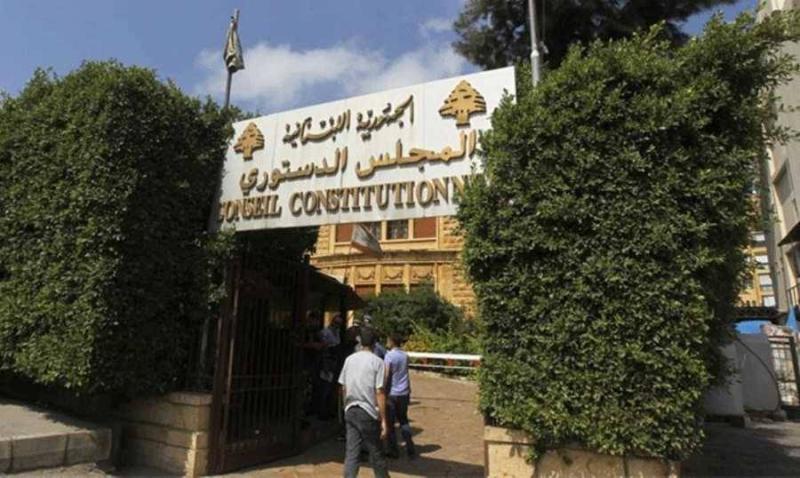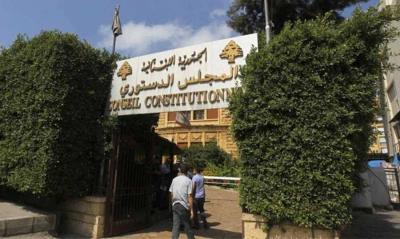The Constitutional Council held a session today at its headquarters in Hadat, with the full attendance of its members, and decided to suspend the effect of articles 10, 39, 40, 56, 69, 83, 86, 87, and 91 of the contested General Budget Law of 2024, issued on February 12, 2024, published in the official gazette supplement number 7 dated February 15, 2024, until the review is finalized.
It is noteworthy that several MPs filed a challenge before the Constitutional Council regarding the constitutionality of certain provisions in the 2024 budget, seeking to suspend and annul it.
The main legal arguments they raised are:
1. The contested law violates Article 36 of the Lebanese Constitution regarding the absence of a roll call vote.
2. The contested law violates Article 87 of the Lebanese Constitution due to non-compliance with constitutional procedures and failure to prepare and approve the accounts before approving and publishing the budget.
3. Article 95 of the contested law violates Articles 16 and 18 of the Lebanese Constitution and paragraphs (c) and (d) of the preamble of the Constitution, as well as the principle of credibility of parliamentary discussions, and the forgery involved in its addition.
4. The contested law violates Articles 2, 3, and 59, as well as Table 2 of Articles 18 and 51 of the Constitution, and the principle of credibility and clarity of parliamentary discussions due to its inclusion in contradiction to what was approved by the Parliament.
5. The contested law violates Article 83 of the Constitution by including foreign articles termed "Budget Knights."
6. Article 91 of the contested law violates Articles 81, 82, 83, and 16 of the Constitution, and paragraph (e) of the preamble of the Constitution, as it grants an unauthorized delegation by the Constitution and violates the principle of non-retroactivity of laws.
7. Article 83 of the contested law violates Article 16 of the Constitution and paragraph (e) of the preamble of the Constitution, as it prohibits the modification of the law by the government after its approval in the Parliament.




